Although I was born overseas I consider myself a very proud citizen of this country. Australia is widely recognised as one of the most tolerant and ethnically diverse nations on the planet. There is absolutely nothing in our legal system that gives ground to the premise that we are an inherently racist nation.
However, when asked if Australia had a problem with racism, our Prime Minister did not reject such a premise. Rather, he went on simply to state that he was “truly sorry” at the treatment of Indigenous Australians over the years and by previous Australian governments.
As he marked the 13th anniversary of Kevin Rudd’s apology for the Stolen Generations, Scott Morrison reiterated the historical apology delivered by the newly elected Labor government in 2008 after being resisted by the Howard government.
The Prime Minister told the House of Representatives on Monday: “I repeat the words of my predecessor, Mr Rudd: I am sorry. Truly sorry”.
Of course, it is rather inappropriate to expect Australians that have nothing to do with the alleged wrongdoings of the past to feel guilty and ashamed.
Do we hold contemporary Germans and Japanese responsible for war crimes committed by other individuals more than 80 years go?
I don’t think so. I sincerely hope not. We should never make people feel guilty of the mistakes made by others in the distant past.
Such apologising is not only self-righteous and insincere but also prolongs the “victimisation culture” which has caused incredible pain and suffering for the Indigenous peoples of Australia.
However, the Prime Minister has explicitly condemned all previous Australian governments, claiming that their policies have invariably caused “endless pain that cascaded through generations”.
“Children forcibly removed from parents … Siblings separated. Adoptions without consent… Actions of brute force carried out under claims of “good intentions” but in truth betrayed the ignorance of arrogance, ‘knowing better than our Indigenous peoples’”, Morrison stated.
Despite the danger of such broad emotional generalisations, no mention was made of the many wonderful foster parents who reared “stolen children” with utmost love and affection, thus making their lives fruitful and free from the chronic abuse and violence of some dysfunctional communities.
Arguably, the inflexible approach taken by the Prime Minister might potentially keep some Indigenous Australians from reaching their full potential. This can be found, for example, in the practice of placing Aboriginal children in need of care with “culturally appropriate” carers.
“This practice has sometimes ended in tragedy”, argues Dr Anthony Dillon, an Australian academic who identifies himself as part-Indigenous. Because of policies that prevent the adoption of Indigenous children by non-Indigenous foster parents, Dillon comments:
Some children have suffered, all in the name of “culture”. A colour-blind culture or way of life, characterised by love is a far more important consideration than a culture that is assumed to be Aboriginal simply because the adult potential carers themselves have some Aboriginal ancestry.
The Prime Minister has also declared in Parliament: “Reconciliation will be achieved in this country only when young Indigenous boys and girls can grow up with the same opportunities as every other Australian”.
However, I must remind him that the “endless pain” of Indigenous Australians is not caused from any lack of public assistance and funding. After all, around $850 billion has been spent in the past 50 years since 1970 on grounds of improving the Aboriginal condition.
According to the Productivity Commission, Australian governments have spent more than double per person on services for Indigenous citizens than for other citizens. The ratio of indigenous to non-indigenous expenditure per head of population is 3:1 in school education; 4.9:1 in public and community health services; and 4.85:1 in housing.
As can be seen, generous public funding has not been enough to close the gap between Indigenous and non-Indigenous Australians.
However, due to the nature of Australia’s politics, one runs the serious risk of being “cancelled” for merely stating this undeniable truth. As Dillon also points out, “when discussing Aboriginal matters there seems to be no end to where offence can be taken and accusations of racism made”.
Therefore, it might be necessary for me to clarify that I do not object my fellow Australian citizens of Indigenous heritage from embracing, practicing or celebrating their culture, so long as it does not violate the fundamental legal rights of others and it is within the confines of the rule of law.
Instead, this short opinion piece is about politicians who believe that Australia is a racist country. Nothing can be further from the truth. Indeed, to suggest that any group of Australians actually needs some form of special protection from the depredations of other fellow citizens is not just deeply condescending but also profoundly fallacious.
Dr Augusto Zimmermann is Professor and Head of Law at Sheridan College, Perth/WA. He is also adjunct law professor at The University of Notre Dame Australia (Sydney campus) and President of the Western Australian Legal Theory Association (WALTA).
Got something to add? Join the discussion and comment below.
Get 10 issues for just $10
Subscribe to The Spectator Australia today for the next 10 magazine issues, plus full online access, for just $10.

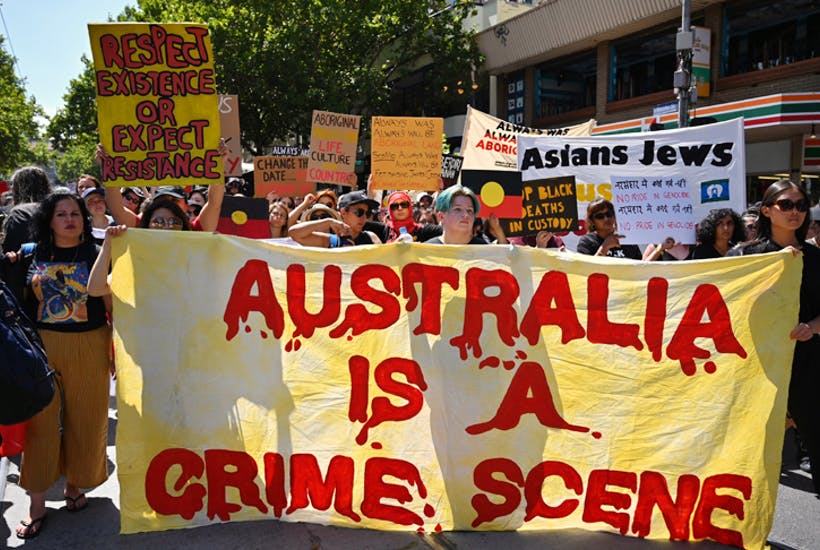
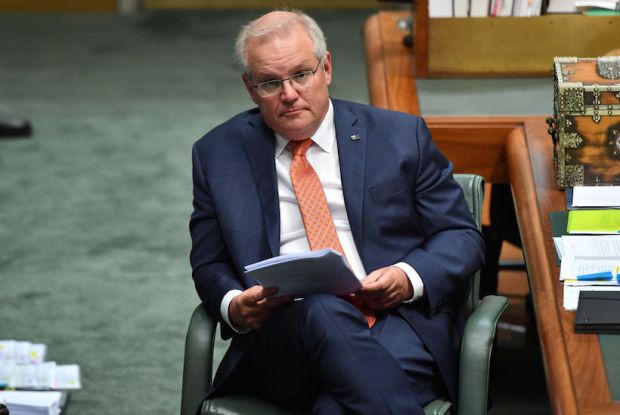
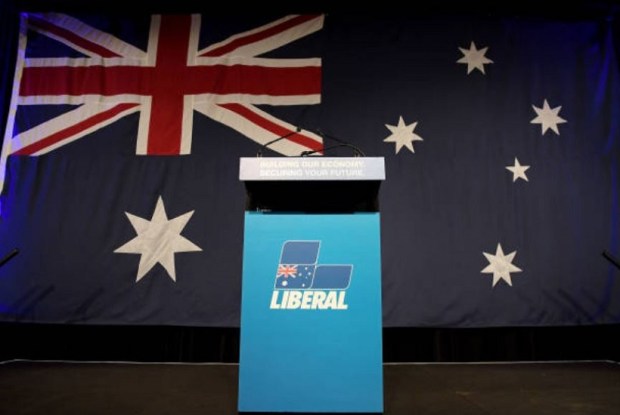
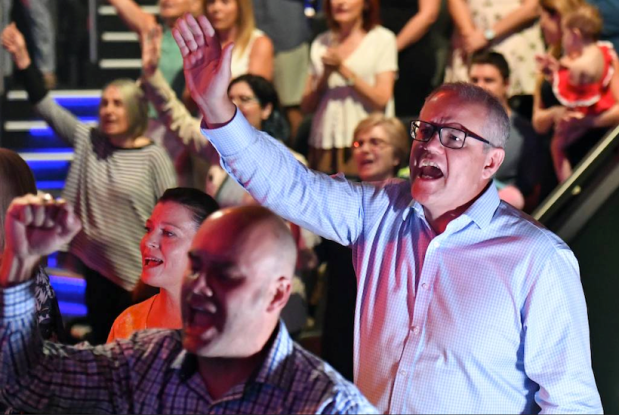
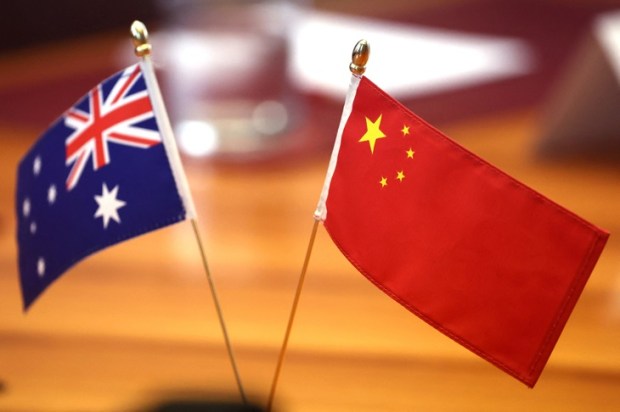
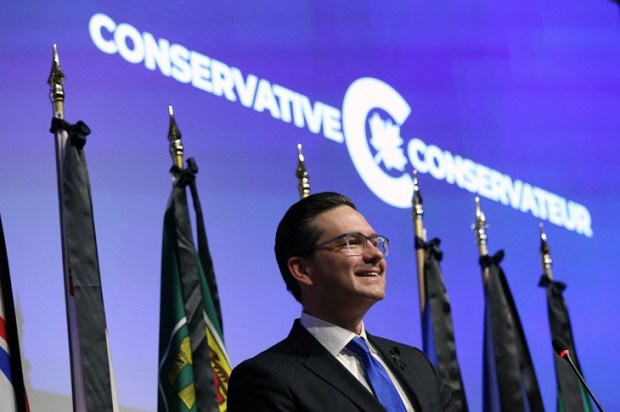



















Comments
Don't miss out
Join the conversation with other Spectator Australia readers. Subscribe to leave a comment.
SUBSCRIBEAlready a subscriber? Log in